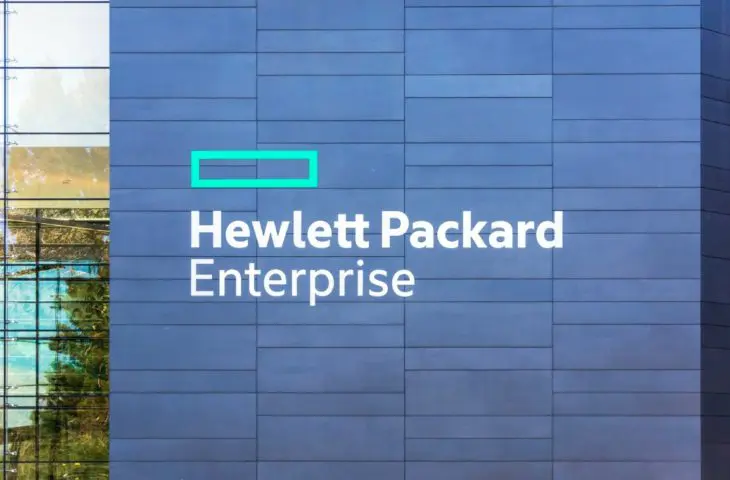The U.S. government wants to block HPE’s acquisition of Juniper Networks. The latter is not comfortable with that, pointing to Huawei, China and Cisco as arguments to be allowed to gobble up the networking specialist anyway.
HPE wants to acquire Juniper Networks and already has EU and UK approval. In a surprising twist, it is the U.S. government that is not set up with the acquisition plans. The US thinks that HPE and Juniper Networks together would erode the competitiveness of other players. That would mean higher prices and less innovation.
It is notable that the US is trying to put a stop to the takeover, while that country is usually very lax on monopolization. The EU often sees problems regarding contained competition, but is not bothered by the plans this time.
Bogeyman
HPE therefore knows who it needs to convince, and how. The U.S. under President Donald Trump has a big bogeyman in China. HPE therefore claims that blocking the takeover will benefit China’s Huawei. How exactly that can be the case is not entirely, since Huawei is no longer welcome in most U.S. and European networks. Huawei is headline-grabbing with Trump, though, so the reference can only help.
HPE also carries more relevant arguments. For example, the U.S. government has been oddly focused on the impact of the acquisition on the Wi-Fi market. Obviously, that is not why HPE wants to buy Juniper Networks. Its focus is on data center routing and switching equipment, which fits neatly with HPE’s servers.
Better for competition
HPE further argues that the acquisition would just be better for competition. HPE and Juniper Networks together would be better able to compete with Cisco, it sounds.
HPE and Juniper Networks should at least compete for the deal. There are possible solutions. If the WLAN business is really the only thorn in the U.S. side, for example, HPE could divest it in order to still take over the data center capabilities.
